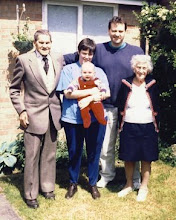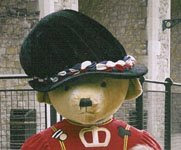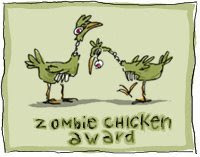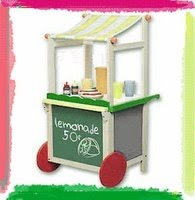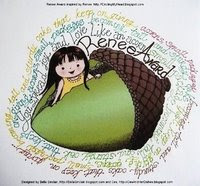On the return from Horsted Keynes we stopped off at the recently restored Kingscote Station and ambled around the platform. The trains and stations were maintained and run by members of the preservation society. Like Civil War enactors, they dressed for their particular part – drivers, firemen, conductors, guards. One old chap was busily sweeping up, dressed as a porter. He wore a blue-striped shirt, a red polka dot kerchief around his neck, big blue dungarees, and a peaked oil cloth cap.
“They keep you busy,” I said.
He smiled, quite happy to stop and talk.
“There’s always work to do. We’ve just opened up this station, in fact.”
He had a rich, sonorous voice, a voice I had heard before but could not place.
“You don’t sound like a porter.” I smiled.
“We’re all volunteers, actually. Station was totally derelict until quite recently. We restored everything. Come with me. You won’t believe this.”
He led us down to a tunnel beneath the rail bed connecting both platforms. An Aladdin’s cave of shiny white porcelain bricks plastered and lined with very ancient enameled, baked metal posters for Camp coffee, baking powder, soap, cigarettes, and products long gone from supermarket shelves. Kate particularly liked the Cadbury and Fry chocolate posters.
“It was completely filled in,” our friendly guide explained. “Didn’t even know it was there until someone found the beginning of the steps. Quite a job of excavation, as you can imagine.”
“Wonderfully preserved,” I said.
“Isn’t it just!” he exclaimed. “A perfect record of an another era!”
“Why did they fill it in?” Frances asked reasonably.
“Haven’t the foggiest idea!” The volunteer porter chuckled like a big old walrus.
We said good-bye and caught the next train back to Sheffield Park. Then I remembered. Our porter was an actor I had seen on the box, years ago, but never in the role he now played with such relish.












